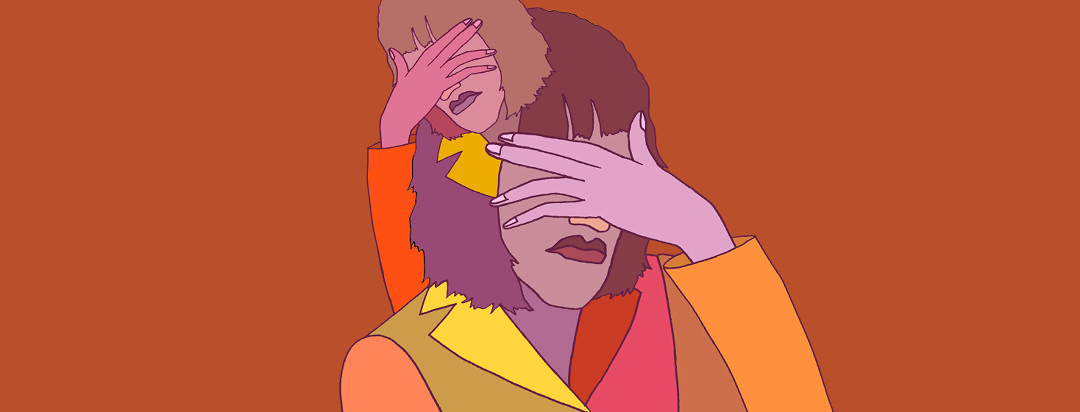HIV-related Stigma
HIV-related stigma and discrimination affects the emotional well-being and mental health of people living with HIV.1
At least I can say that has proven to be true for me. When I was first diagnosed and for many years afterward, I internalized the stigma I experienced and even the stigma I created on my own which I began to develop a negative self-image.
What is self-stigma?
Internalized stigma or “self-stigma” happens when a person takes in the negative ideas and stereotypes about people living with HIV and start to apply them to themselves. After my diagnosis, I felt as if I would never find a partner, have children, and that under no circumstances can I share my status with my MaDear and my family.
Self-stigma was rooted in fear of HIV
For me, this stigma is rooted in a fear of HIV. Because this was the early 90s, so much of my own ideas about HIV came from the images that I first experienced in the early 1980s.
All these years later, there are still myths and misconceptions about how HIV is transmitted and what it means to live with HIV today. These myths fuel both internal and external stigma people living with HIV experience, as well as, preventing people from seeking evaluation and treatment, disclosing the diagnosis to those most likely to provide support, and following treatment guidelines.
Internalized stigma can diminish self-worth
It took me nearly five years to share my status with my MaDear. I had allowed the internalized stigma to almost destroy human dignity. Stigma had destroyed my dignity and many others marginalized me even before disclosing my status. Stigma can violate basic human rights and diminish a person’s self-worth. My internalized stigma was preventing me from achieving my full potential and, most importantly, it was affecting my overall health outcomes. I didn’t seek out medical care and treatment I had isolated myself from everyone.
I didn't want to share my status or seek care
This was so true for me. The internalized stigma prevented me from seeking care and treatment. It was not until after sharing my status with my MaDear did I seek treatment. I felt a great weight of stigma which created a fear of social abandonment and losing intimate partners and prevented me from sharing my HIV status with loved ones and sexual partners.
Stigma is one reason why the HIV epidemic continues
Stigma has become a major reason why the HIV epidemic continues and why millions of people are getting infected and dying from AIDS-related complications ever year. The stigma of HIV continues to have many people believe that only a certain group or groups of people can contract HIV.
Stigma's impact from prevention to living with HIV
It has people making a moral judgment about people who take steps to prevent HIV transmission, shaming people who take PrEP as one of the tools in their prevention toolbox. It also has many people feeling that people deserve to get HIV because of their choices.
HIV-related stigma is still rooted in fear. We must continue to be visible and speak out about our collective experiences of living and thriving with HIV. We can combat HIV-related stigma together.

Join the conversation